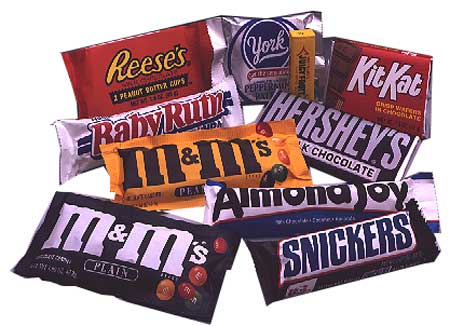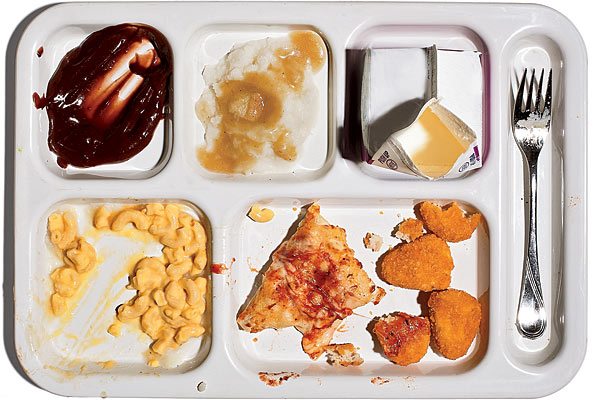With all the recent news about food poisoning and it’s most common causes, you may be feeling a little uneasy. I don’t blame you. It’s frightening to think that the salad you order at dinner could be served with a side of harmful bacteria or a stomach virus. Ew!
Luckily, there are ways to reduce your risk of food poisoning, both at home and at restaurants.
At home…
- Wash your hands well before preparing food and in between switching tasks.
- Keep meat and raw eggs away from vegetables, fruits, and anything else that will be eaten raw.
- Thoroughly cook meat and fish (especially ground meats and poultry).
- Clean the kitchen and food prep areas often with warm soapy water.
- Wash your produce! (all you need is cool water and some friction from a clean sponge or your hands)
- Get to know where your food comes from whenever possible.
When eating out…
- Order food that’s thoroughly cooked. Raw and partially cooked foods introduce more risk.
- Look for cleanliness. If a salad bar or food prep area looks dirty, avoid it.
- Make sure your hot food arrives hot. If it’s luke warm, send it back.
- Look for hand-washing signs in the bathrooms and if you’re brave, ask to see the kitchen area and see if it looks well-kept.
Most common carriers of foodborne illness…
Leafy greens – Before processing, greens can easily come into contact with manure, animals, or workers with dirty hands. At home, greens that even lightly touch raw meat, eggs, or seafood can make you just as sick. So wash your lettuce! (Yes, even the “pre-washed” kind).
Cut Melon – Because it is mostly water, melon is an ideal breeding ground for bacteria and viruses. The rind of a melon might touch all sorts of things before it arrives at your store or a restaurant, so it’s important to wash the outside with water and a scrub brush before cutting it open. Same goes for citrus fruits, pineapple, and any other juicy fruit with a peel.
Oysters – These are often eaten raw or undercooked, and they’re one of the biggest carriers of norovirus (the stomach flu) and vibrio, a cholera-type bacteria. The only way to stay safe here is to eat well-cooked oysters.
Foods mixed with mayonnaise – Tuna salad, potato salad, dips, burgers with mayo etc. can be risky, since mayonnaise spoils so fast. So make sure you keep these foods well-chilled. At a picnic or potluck, avoid these foods if they have been sitting out for awhile.
Shrimp cocktail – Since the shrimp here is cooked, refrigerated, then eaten without being cooked again, it can easily pick up pathogens from handling or from the refrigerator before it gets to your plate. This is especially true at a restaurant, where shrimp cocktail may be stored improperly after cooking (like on the bottom shelf of the fridge where other foods drip on it).
Berries – These little fruits often travel far and wide before they reach your shopping cart, and many people don’t wash berries before popping them in their mouths. Remembering how many people probably touched your fruit before you bought it will help motivate you to give it a good rinse in cool water.
Eggs – Many eggs are served undercooked, so they’re a common culprit of food poisoning. If you’re going to eat your them sunny-side-up, be sure you get your eggs from a trustworthy source and keep them well-refrigerated until you eat them. Buying free-range, organic eggs may help reduce your chances of food poisoning, since the egg-laying hens aren’t kept in super small quarters that encourage the spread of disease.






No Comments